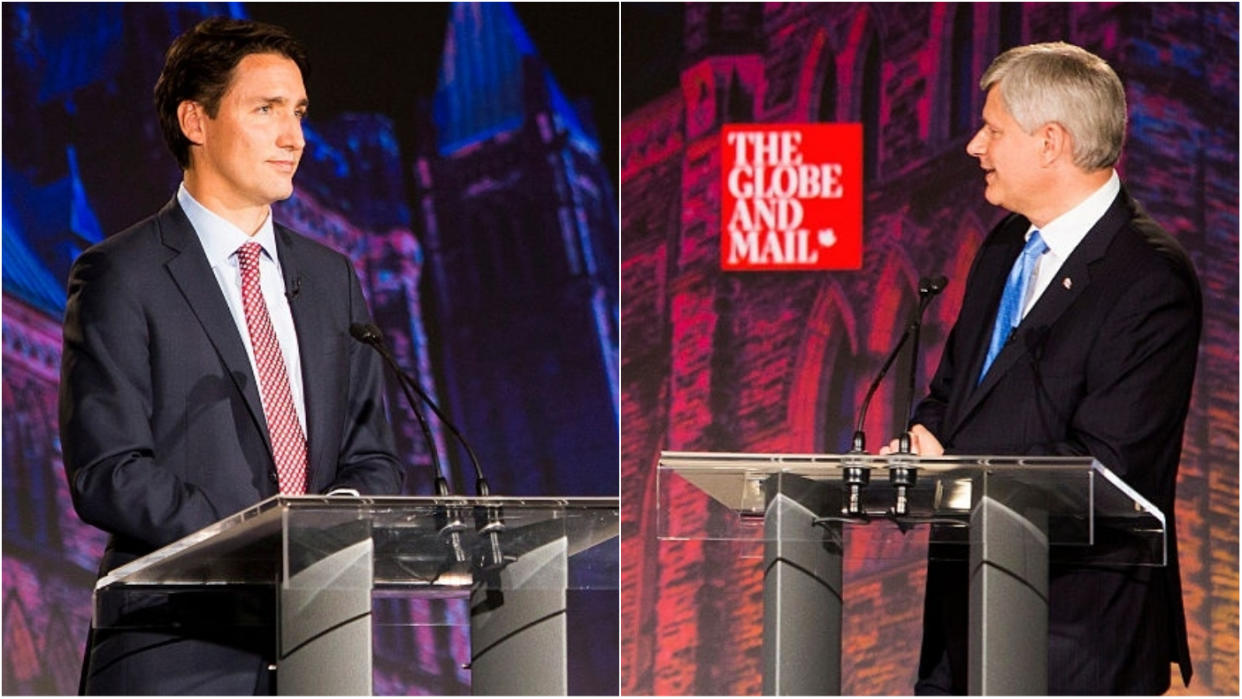Former prime minister, 'private citizen' Stephen Harper says he could 'easily' be leader again

As prime minister of Canada from 2006 to 2015 Stephen Harper was known for being reserved, reticent, and and tight-lipped with media.
As a “private citizen,” as Justin Trudeau described him last week, Harper appears to have found his voice, particularly when it comes to foreign affairs, populism and the Conservative leadership.
A Globe and Mail story published on May 14 referred to video of a 55-minute-long interview at the Standford Graduate School of Business in which Harper says he could “easily” still be leader of the Conservative Party.
Speaking to an audience in Stanford, Calif. in February, Harper said he could have turned the party into his “political vehicle” during his leadership if he’d wanted to, but that he chose not to amass too much power for the party’s sake.
“I could have wielded a lot more power,” he said. “I think I probably could still easily be leader of my party if I wanted to. I mean, I’m de facto the founder of my party.”
Harper has made his views known on a handful of occasions since losing to Justin Trudeau’s Liberals in 2015 federal election. Most recently, he added his name to a list of former world leaders behind a full-page ad in the New York Times endorsing Donald Trump’s decision to withdraw from the Iran nuclear deal.
Wow. Full page ad in @nytimes signed by @stephenharper and former Australian PM John Howard pic.twitter.com/ABNQdCe4Pf
— Norman Spector (@nspector4) May 10, 2018
The act prompted Prime Minister Justin Trudeau to comment that Harper is entitled to his opinion as a “private citizen” but that the current federal government continues to support the 2015 deal.
In April, he was criticized for congratulating Hungary’s Prime Minister Viktor Orbán on a successful election campaign fueled by anti-immigrant rhetoric.
And during the Stanford University talk in February, Harper, whose non-fiction book about the NHL was published in 2013, announced he is writing a new book about populism and the future of the conservative movement.
“I often think that when you see the term populist used in the media today … we describe outcomes we like as democracy and outcomes we don’t like as populism,” he said in defence of populism. “So I think there’s a bit of a loaded term there.”
What do you think? Is it a former prime minister’s place to comment on foreign affairs and party politics? Vote in the polls and let us know what you think in the comments below.


